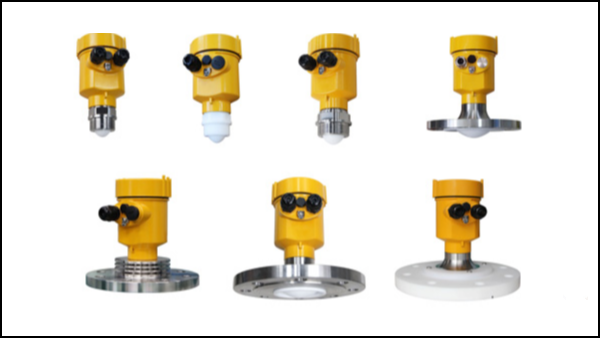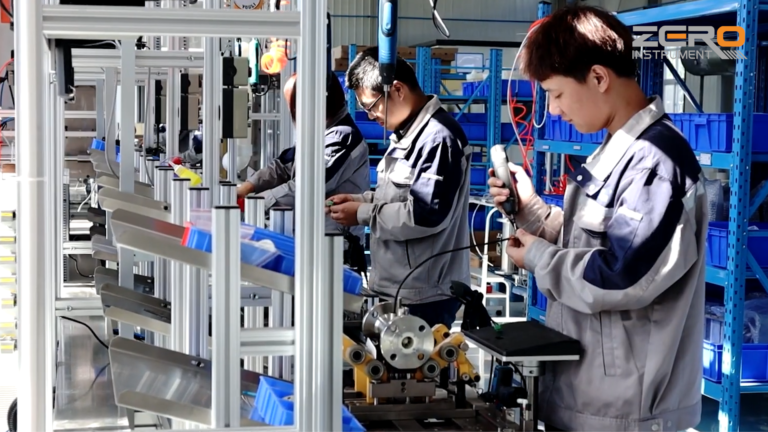The reliability and stability of equipment operation in low-temperature environments, especially in extremely cold regions, are often challenged. Traditional level measurement methods may be limited by extreme conditions in low-temperature environments, so suitable technologies are needed to solve the problem.
The radar level meter, a widely used level measurement technology, has been proven to have good adaptability and stability in low-temperature environments.

A radar level meter measures the level of a liquid by transmitting a high-frequency radar signal and receiving and analyzing the echoes. It can be used in a variety of vessel and industrial scenarios, but operation in cryogenic environments requires some special considerations.
The radar level meter works in a cryogenic environment on essentially the same principle as at room temperature. The device does this by transmitting a short pulse of microwave signal and then measuring the time it takes for the signal to reflect back from the target surface.
Based on the round trip time of the signal, the height of the liquid level can be calculated. In low-temperature environments, radar level meters require special materials and processes to ensure reliable performance.
For example, the use of special antenna materials can improve its cold resistance and avoid signal attenuation caused by low temperatures.
In addition, the hermeticity and frost protection measures of the equipment also need special attention to avoid affecting the stability and lifetime of the equipment under harsh conditions.

An oil company in a harsh cold region uses radar level meters to measure the level of fuel tanks, which are covered with snow and ice at extremely low temperatures all year round due to the cold climate. In addition, as fuel is used and refilled, the level varies over a wide range, requiring a highly accurate and reliable level measurement solution.
They chose a radar level meter specifically designed for use in extremely cold regions.
The level meter features advanced anti-freeze protection that uses heated circuits and insulation to keep the device cool. This avoids the effects of ice and snow cover on the device and ensures the quality of the radar signal transmission and reception.
In addition, to further improve the reliability of the device, the level meter is equipped with a fault diagnosis system. Once the equipment becomes abnormal, the system automatically sends an alarm message so that corrective measures can be taken in a timely manner.
It is able to monitor the level changes in real-time and take timely action to guarantee normal operation.
The company’s fuel storage and management work has been greatly improved by the radar level meter’s excellent performance in low-temperature environments. Staff can monitor levels in real time via remote access to the system without having to go into extremely cold environments.
This not only improves efficiency but also provides greater protection for the safety and health of personnel.

Low-temperature environment, in the selection of a radar level meter, one needs to choose special materials, in addition to the need to take some anti-freeze measures to reduce the impact of the low-temperature environment on the radar level meter measurement.
